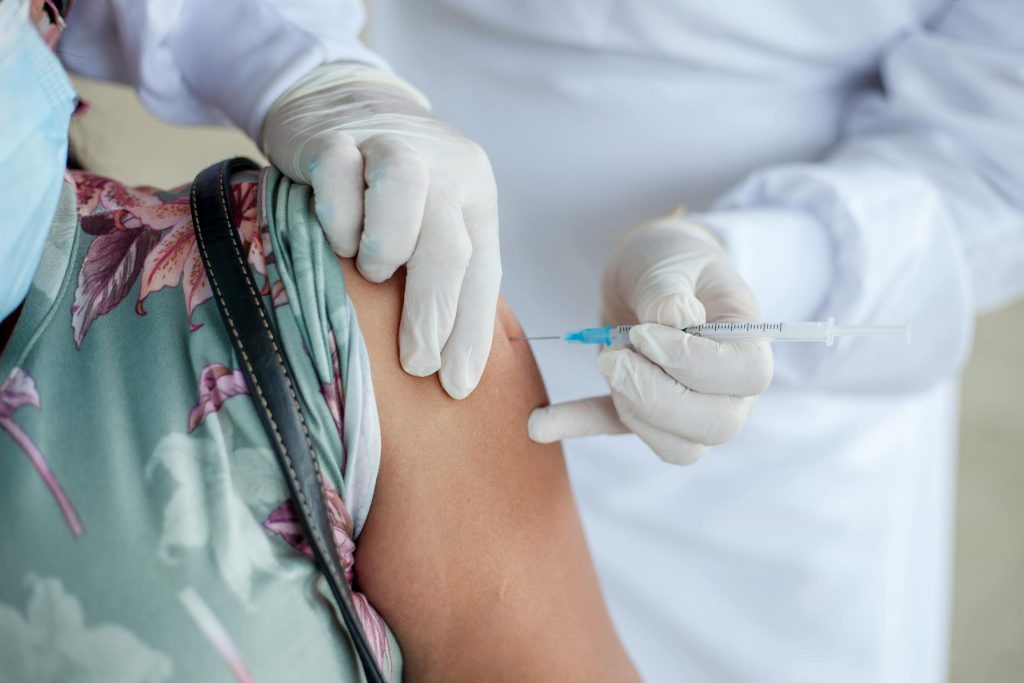
Vaccinations are one of the greatest public health triumphs in history. They have saved countless lives by preventing deadly diseases like measles, polio, and diphtheria. Yet, a persistent conspiracy theory claims that vaccines cause autism, leading some to forgo vaccination for their children. Let’s delve into why this theory is wrong and explore the reasons behind its continued existence.
The Debunked Myth: Vaccines and Autism
The link between vaccines and autism originated from a now-retracted 1998 study by Andrew Wakefield, a British doctor. The study, published in a respected medical journal, made serious methodological errors and was later revealed to be fraudulent. Wakefield was found to have financial ties to a lawyer suing vaccine manufacturers, creating a conflict of interest. Numerous large-scale studies since then have found no connection between vaccines and autism. Major health organizations like the World Health Organization (WHO) and the Centers for Disease Control and Prevention (CDC) firmly recommend childhood vaccinations based on overwhelming scientific evidence.
So Why Do People Believe It?
Despite the lack of evidence, the vaccine-autism myth persists for several reasons:
- Misinformation and Social Media: The internet and social media can be breeding grounds for misinformation. Sensational headlines and anecdotal stories, often lacking scientific basis, can spread quickly and reach a wide audience. Social media algorithms can create echo chambers, where people are primarily exposed to information that confirms their existing beliefs.
- Fear of the Unknown: Vaccines are complex biological products, and some may find the concept of injecting them into a healthy child to be scary. The potential side effects, although rare and usually mild, can be a source of anxiety for parents.
- Feeling of Powerlessness: Autism is a complex developmental disorder with no known single cause. Parents of autistic children may feel a sense of helplessness, and the vaccine-autism myth can offer a seemingly simple explanation and a potential culprit to blame.
- Erosion of Trust in Authority: Some distrust medical institutions and government agencies, leading them to question the safety and efficacy of vaccines. This distrust can be fueled by past scandals or a general skepticism towards authority figures.
The Importance of Vaccination
Vaccinations are essential for protecting both individuals and communities. They work by exposing the body to a weakened or inactive form of a virus or bacteria, triggering the immune system to develop antibodies. This creates immunity, making it much less likely to contract the disease in the future.
Vaccines not only protect the person who receives them but also create herd immunity. When a large portion of a population is vaccinated, it becomes difficult for a disease to spread, even protecting those who cannot be vaccinated due to medical reasons. This herd immunity is crucial for protecting vulnerable populations like infants and immunocompromised individuals.
Combating the Myth
Countering the vaccine-autism myth requires a multi-pronged approach:
- Promoting Science Literacy: Encouraging critical thinking skills and access to credible scientific information is essential. Educational resources can help people understand how vaccines work and the rigorous testing they undergo before approval.
- Addressing Parental Concerns: Open and honest communication with healthcare providers can address parents’ fears and anxieties. Doctors can explain the benefits and risks of vaccines in a clear and concise way.
- Combating Misinformation: Social media platforms and news outlets have a responsibility to fact-check information and limit the spread of misinformation.
- Transparency and Trust: Building public trust in the scientific and medical communities is crucial. Transparency about the development and testing of vaccines can help alleviate concerns.
Vaccines: A Lifesaving Necessity
Vaccinations are not a conspiracy, but a powerful tool for preventing disease. By understanding the science behind them and addressing underlying concerns, we can ensure that everyone has access to the lifesaving benefits of vaccines. Let’s work together to dispel myths, promote scientific literacy, and protect the health of our communities.


